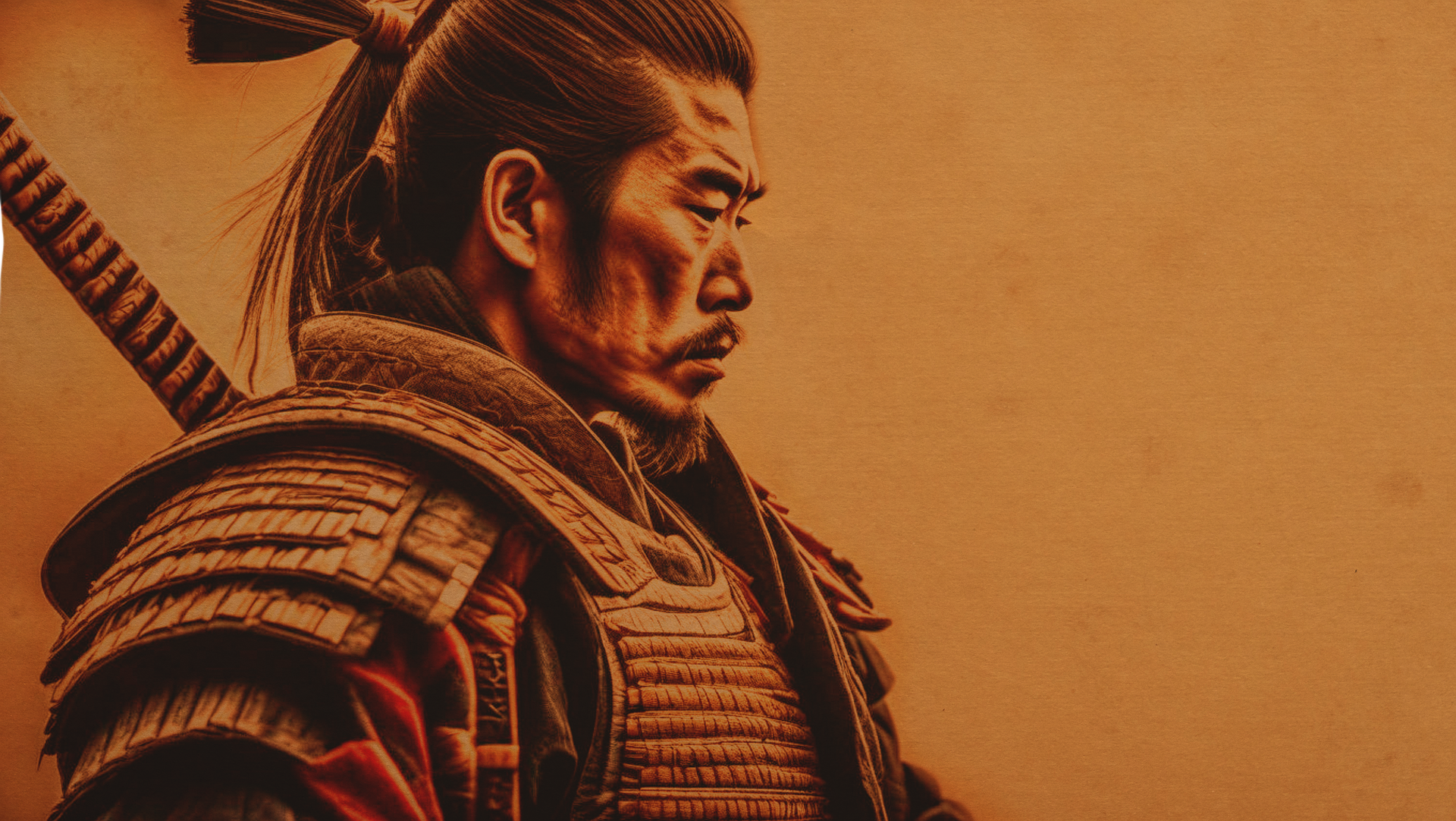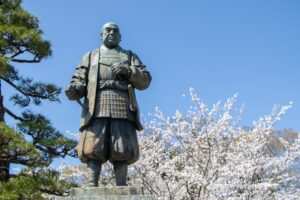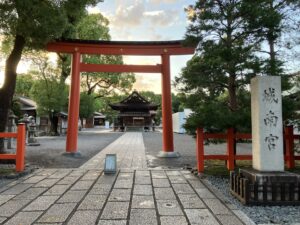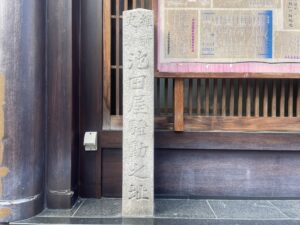This article delves into the historical evolution of the samurai, their cultural significance, and the enduring impact they have on modern Japanese society and popular culture. It explores the rise and fall of the samurai class, the bushido code, their daily lives, and their portrayal in contemporary media.
Introduction to the Samurai
The samurai were a class of highly skilled warriors in feudal Japan, known for their martial prowess, strict code of honor, and significant cultural influence. Emerging in the late Heian period (794-1185), they rose to power during the Kamakura (1185-1333) and Muromachi (1336-1573) periods, eventually becoming the ruling military class.
The samurai played a pivotal role in shaping Japanese history, society, and culture, leaving a legacy that persists in modern Japan.
Origins and Rise of the Samurai
The samurai’s origins trace back to the Heian period when regional clans needed to defend their lands against rivals and bandits. Initially, these warriors were employed by wealthy landowners, but over time, they gained power and autonomy.
The establishment of the Kamakura Shogunate in 1192 marked the beginning of samurai dominance. During this period, samurai warriors were not only military figures but also political leaders, consolidating their power and shaping Japan’s feudal system.
The Samurai Code: Bushido
Central to samurai culture was the Bushido code, a set of principles emphasizing loyalty, honor, and discipline. Influenced by Zen Buddhism, Bushido guided the ethical and moral conduct of the samurai, stressing virtues such as courage, respect, and self-sacrifice.
This code fostered a sense of duty and loyalty to one’s lord and clan, profoundly influencing the samurai’s actions both in battle and in daily life.
Daily Life and Social Structure
Samurai life was characterized by rigorous training, adherence to Bushido, and a hierarchical social structure. Their daily routines included martial arts practice, literary and artistic pursuits, and managing their estates. Samurai families were structured around loyalty and duty, with women playing crucial roles in maintaining household honor and teaching their children the values of Bushido.
Despite their warrior status, samurai were also patrons of the arts, contributing to Japan’s cultural development.
Samurai in Warfare
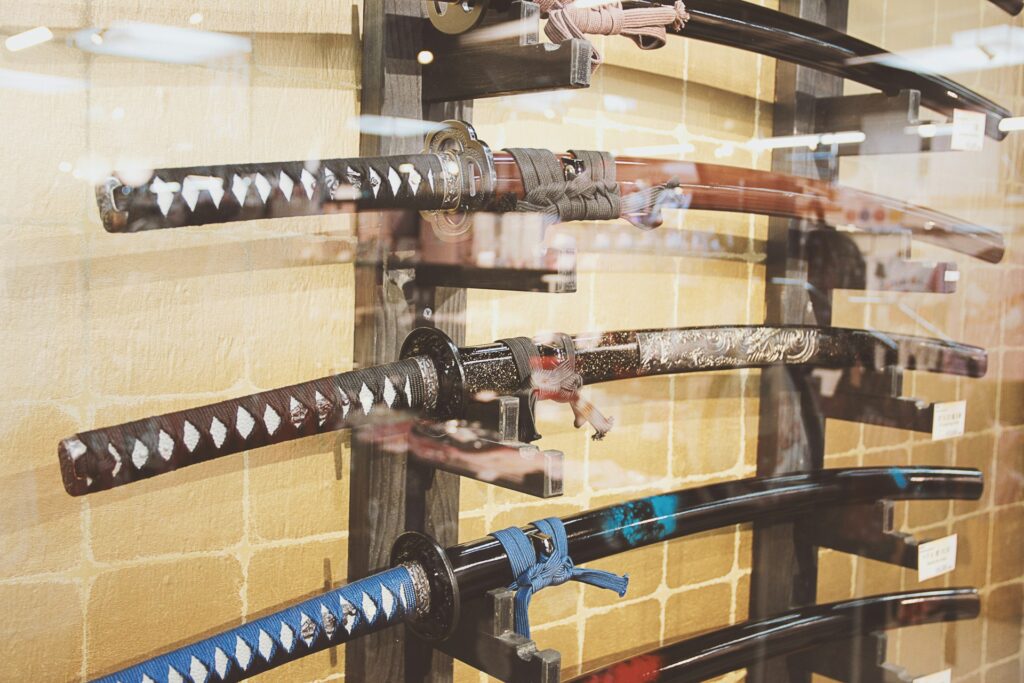
In battle, samurai were renowned for their use of a variety of weapons, including the iconic katana, a long, curved sword known for its sharpness and strength. They also utilized bows, spears, and later, firearms. Samurai armor, designed for mobility and protection, included the kabuto (helmet) and dō (chest armor).
Key battles, such as those during the Genpei War and the Sengoku period, showcased the strategic prowess and valor of the samurai, cementing their legendary status in Japanese history.
Decline and Transformation
The samurai class began to decline during the late Edo period (1603-1868), culminating in the Meiji Restoration of 1868. This era marked the end of the shogunate and the feudal system, as Japan transitioned to a modern, centralized government.
Many samurai adapted by taking on roles in the new government or business sectors, but their traditional status and privileges were abolished. This transformation reflected Japan’s broader societal changes as it opened to the Western world and industrialization.
Cultural Impact of the Samurai
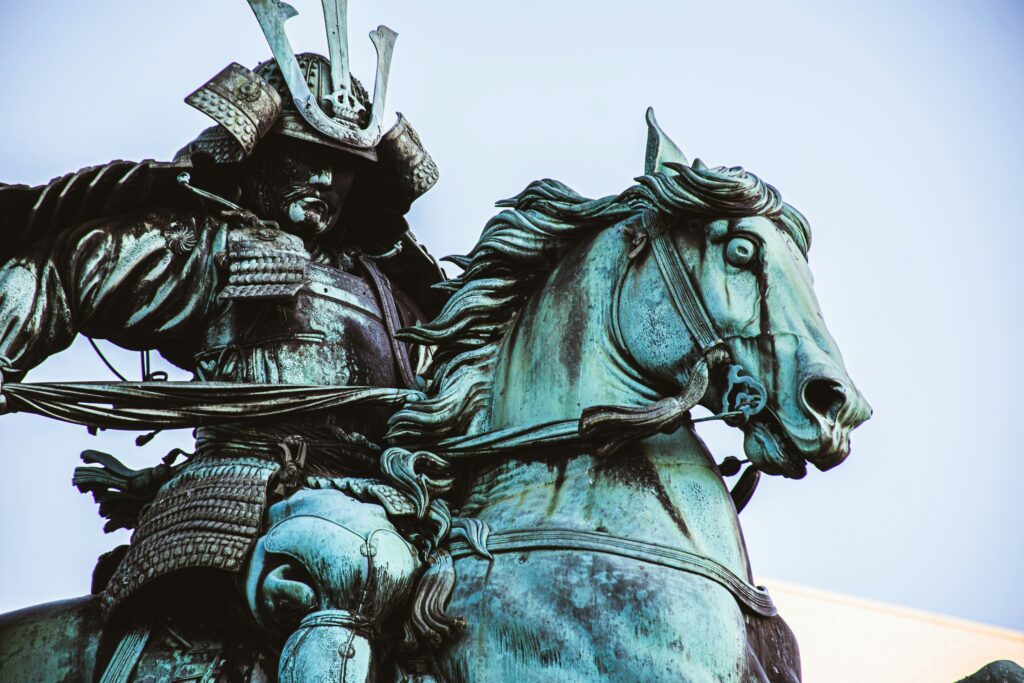
The cultural influence of the samurai extends beyond their historical era, permeating Japanese arts, literature, and modern media. Samurai ideals have inspired countless works, from classic literature and traditional Noh and Kabuki theater to contemporary films, manga, and anime.
These portrayals often explore themes of honor, loyalty, and the tension between duty and personal desires, reflecting the enduring fascination with samurai culture.
Modern Legacy
Today, the legacy of the samurai is visible in various aspects of Japanese culture and society. Traditional martial arts, such as kendo and judo, trace their roots to samurai practices and philosophies. The samurai spirit of discipline and honor continues to influence modern Japanese ethics and business practices.
Moreover, historical sites, museums, and festivals dedicated to the samurai attract tourists worldwide, preserving and celebrating their heritage.
This comprehensive exploration of the samurai’s history, cultural significance, and modern relevance offers valuable insights into their enduring legacy. By understanding the samurai’s impact on Japanese society and culture, we can appreciate the profound influence they have had, shaping the identity of Japan from the past to the present.

